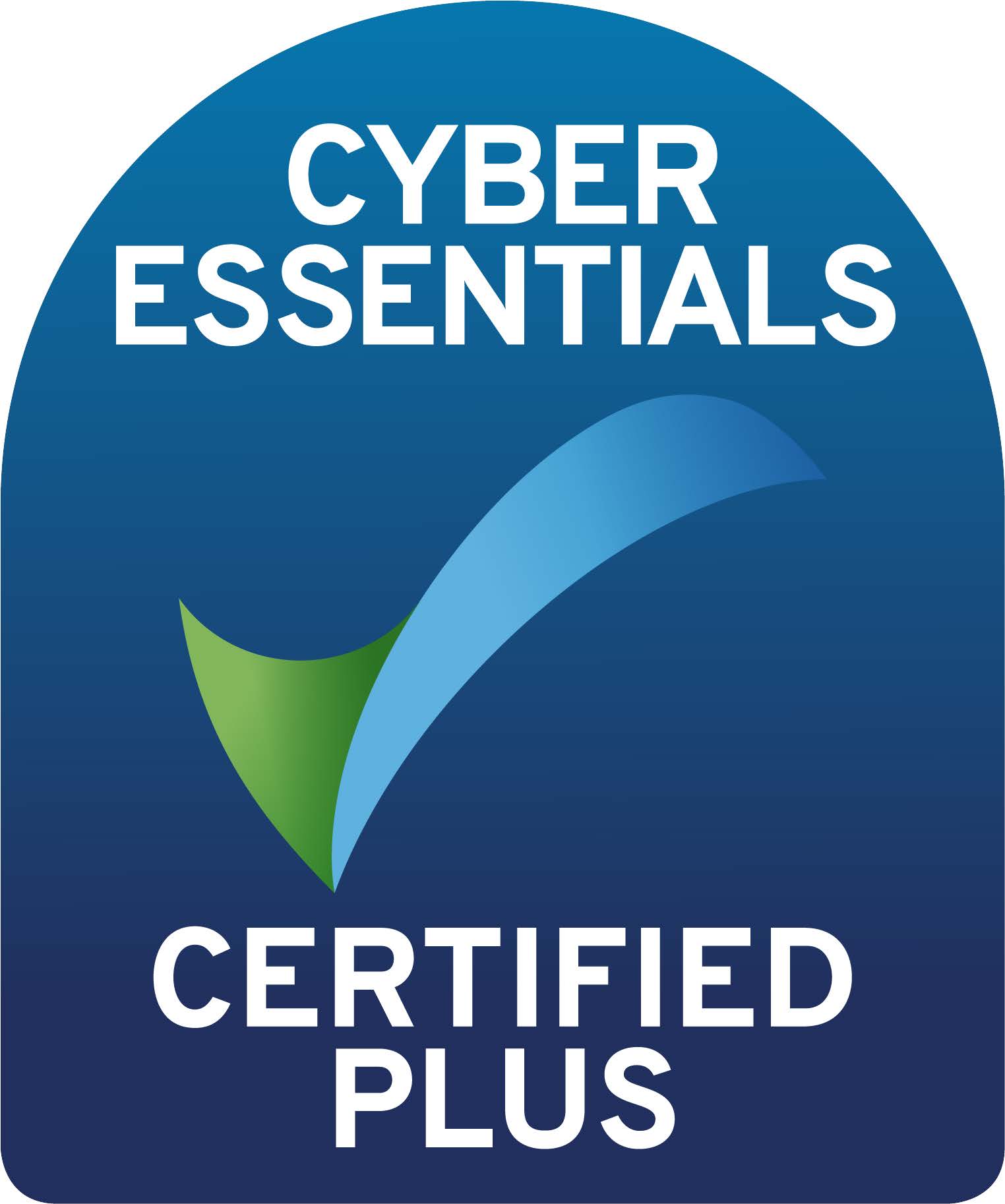Small Business Firewalls vs. Intrusion Prevention Systems
Small Business Firewalls vs. Intrusion Prevention Systems
Internet security is a constantly developing arms race, with hackers and spammers yielding ever more sophisticated and nuanced approaches to attacks.
Now more than ever it is critical to have effective, constantly-updated security systems in place to police individual computers and your network as a whole.
That said, as the range of potential attacks has grown, so too have the tools designed to prevent such activities. While many Internet security experts are suitably pleased about all the various options, for others the range of possibilities can be truly bewildering.
The Internet is now littered with technical jargon and acronyms that can take time to understand. Today we’re going to tackle three of the best-known tools for protecting your sensitive data; firewalls, intrusion detection systems (IDS) and intrusion prevention systems (IPS).
Do Small Businesses Really Need Online Security?
One of the more common questions asked of business owners is whether or not online security is a necessity. This is especially so for smaller businesses, where the cost of digital security can be seen as an unwelcome handicap.
In truth, it isn’t just large corporations that are hit by cyber-crime. Many would-be hackers use tools which crawl the Internet, looking for any vulnerabilities they can find. The size of the company makes little difference.
As a result, some authorities claim that small businesses are actually at greater risk, as they often lack a dedicated IT manager or other security professional. The impact is that the security systems used are often basic at best, making entry all the easier for criminals.
In short, all businesses should think seriously about suitably protecting themselves from cyber-crime, and there are a number of tools that help in this regard…
Internet Firewalls
A firewall can be seen as a security guard, standing at the door to a building. The guard is provided with a list of “undesirables” who must not be permitted. Each individual trying to enter the building is checked against this list. Assuming they are not on the list, they will be allowed in.
So a firewall – at its most basic level – follows a list of pre-described rules to assess incoming Internet traffic. The goal is to keep out known attackers, malware installation and so on. Due to the rule-based process a firewall needs to be regularly updated and maintained in order to ensure maximum efficiency.
In the past, firewalls were considered by many to be the only necessary form of Internet security. However, these days this may not be the case. For example, many firewalls protect networks from external (incoming) traffic, but do little to police internal attacks, or data being sent outside the closed loop.
As a result, many network security experts are now recommending supplementing a reliable firewall with either a IDS or a IPS.
Intrusion Detection Systems
An IDS typically sits just behind the firewall. The purpose of this technology is to watch for known issues. In the case where such a situation arises, a log message is created detailing the situation. In this way, the data generated can be used to update firewall policies to prevent future intrusions.
Of course, the issue with intrusion detection systems is that they take no action to stop or prevent such a situation. They merely record the incidence, such as a security guard merely making a note of a suspicious individual, rather than going to further investigate what they are up to.
Intrusion Prevention Systems
AN IPS is in many ways a more advanced – and practically useful – alternative to an IDS. Such a device or application not only seeks to identify notable security issues, but also to reject them. As a result, an IPS tends to be a far more “active” source of security than an IDS.
What’s Best?
Having discussed three core pieces of technology, the obvious question is which is best? Of course, this is no easy answer. It is more a case of “horses for courses”. The “right” solution will depend on a range of factors such as your business model, chances of intrusion and budget available.
As standard our managed firewall includes an effective IPS, combined with a range of other features such as URL filtering and email encryption. You can learn more here or speak to one of our team on 0207 400 6300.








